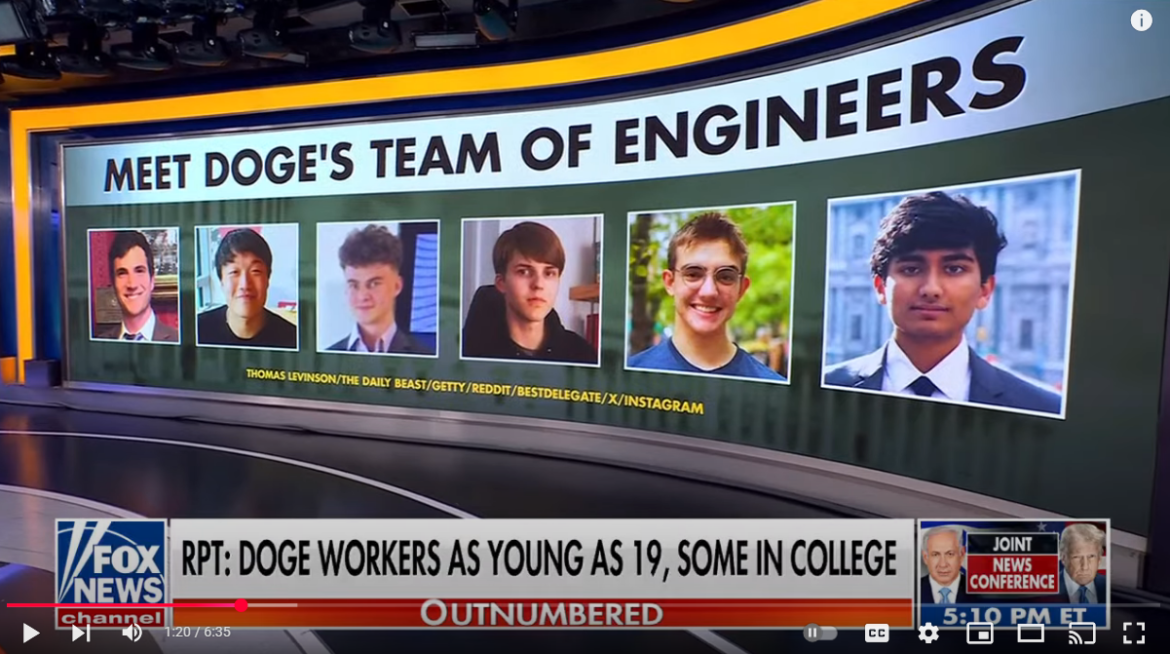Elon Musk’s Department of Government Efficiency (DOGE) has recently come under scrutiny due to its unconventional approach to federal operations. Musk has assembled a team of six young engineers, aged between 19 and 24, to spearhead this initiative. These individuals, some with limited professional experience, have been granted significant access to sensitive government systems, including the Treasury Department’s payment infrastructure.
The team comprises Akash Bobba, Edward Coristine, Luke Farritor, Gautier Cole Killian, Gavin Kliger, and Ethan Shaotran. Their rapid ascent to influential positions within DOGE has raised concerns among lawmakers and the public. Critics argue that their lack of experience may pose risks to the integrity and security of federal operations.
Senator Elizabeth Warren has been vocal in her apprehensions, highlighting the potential threats this initiative poses to government payment systems. She emphasizes that the concentration of power in the hands of a few unelected individuals, especially those with close ties to Musk, could undermine democratic processes and accountability.
In response to these concerns, Musk has defended his selections, asserting that the infusion of young talent is essential for driving innovation and eliminating inefficiencies within the government. He contends that traditional bureaucratic structures have long hindered progress and that a fresh perspective is necessary to implement meaningful reforms.
The controversy surrounding DOGE has intensified following reports that two senior officials from the U.S. Agency for International Development (USAID) were placed on administrative leave after denying DOGE members access to sensitive data. This incident has further fueled debates about the appropriate balance between efficiency-driven reforms and the safeguarding of established protocols and security measures.
As DOGE continues its operations, the broader implications of Musk’s approach remain a topic of significant discussion. The initiative underscores the tension between the desire for rapid modernization and the need to maintain oversight, experience, and accountability within federal institutions.



